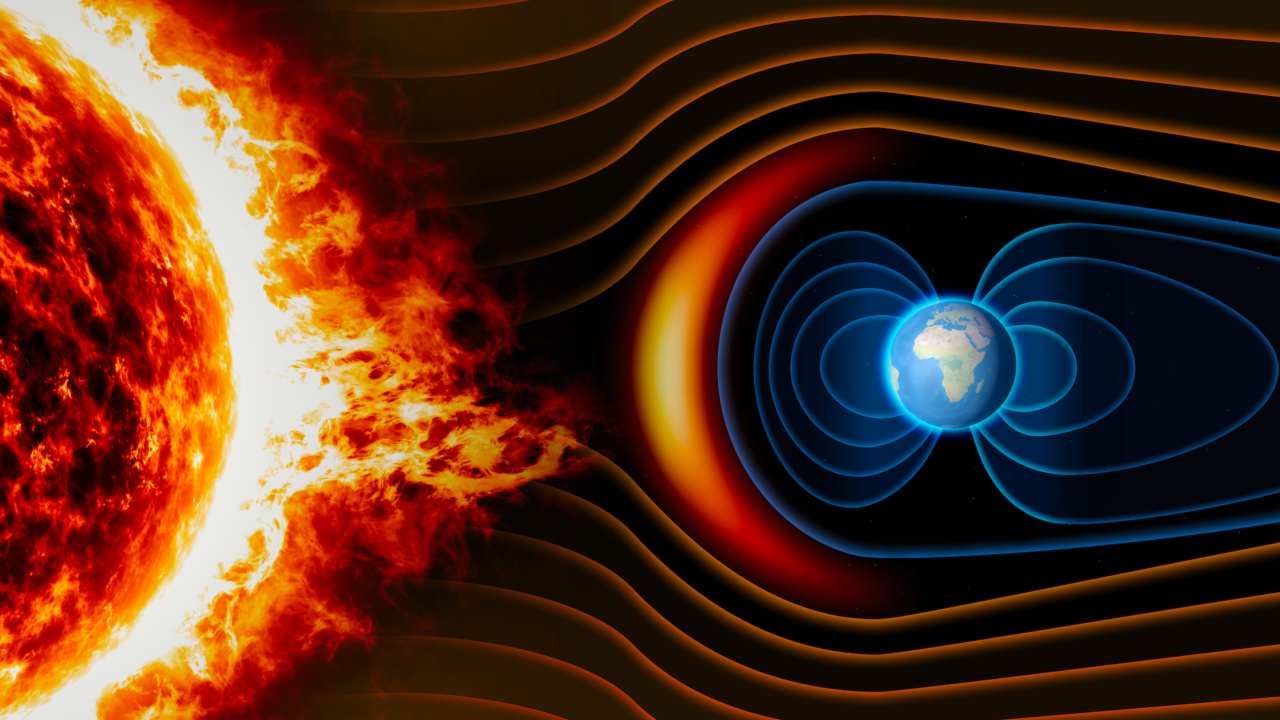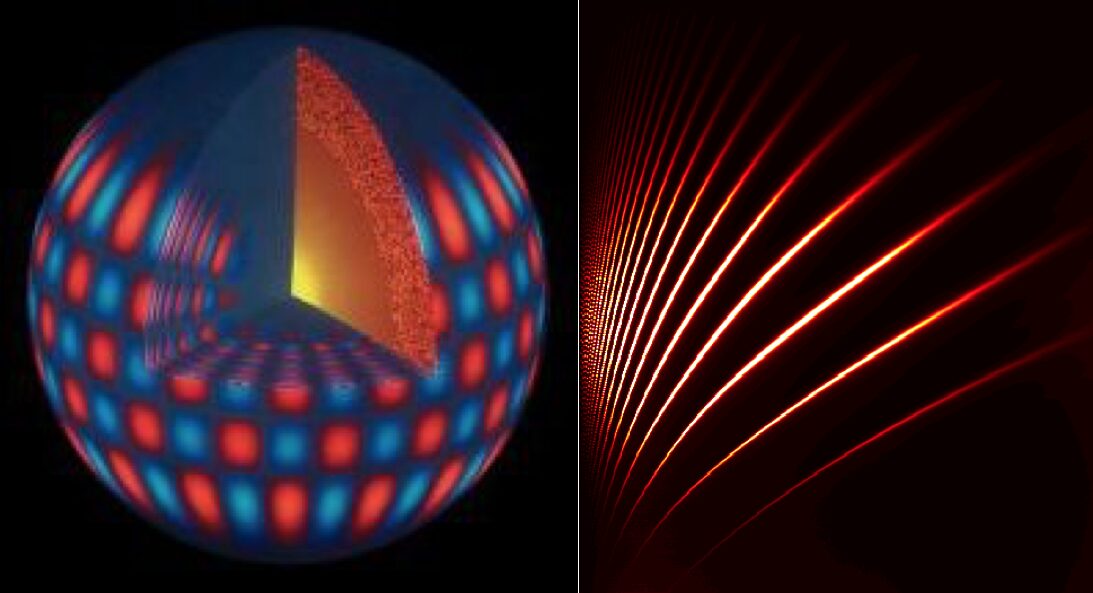Astronomy is the scientific study of celestial objects and the universe. It involves observing, analyzing, and understanding the properties and behavior of stars, planets, galaxies, and other astronomical phenomena.
Key Areas of Astronomy
- Astrophysics: This branch of astronomy applies physical laws to explain the properties and behavior of celestial objects.
- Cosmology: Cosmology is the study of the universe as a whole, including its origin, evolution, and ultimate fate.
- Stellar Astronomy: This field focuses on the study of stars, including their formation, evolution, and properties.
- Galactic Astronomy: Galactic astronomy is concerned with the study of galaxies, massive collections of stars, gas, and dust.
- Planetary Astronomy: This branch of astronomy focuses on the study of planets, moons, asteroids, and comets.
Tools and Techniques
Astronomers use a variety of tools and techniques to study the universe, including:
- Telescopes: Optical telescopes, radio telescopes, X-ray telescopes, and other types of telescopes are used to observe celestial objects across the electromagnetic spectrum.
- Spacecraft: Spacecraft, such as the Hubble Space Telescope and the James Webb Space Telescope, can observe the universe from above Earth’s atmosphere, providing clearer views of celestial objects.
- Computer Simulations: Computer simulations are used to model the behavior of celestial objects and the evolution of the universe.
- Data Analysis: Astronomers use sophisticated data analysis techniques to extract information from astronomical observations.
Recent Discoveries
Astronomy has made significant progress in recent years, with a number of groundbreaking discoveries. These include:
- The discovery of exoplanets: Astronomers have discovered thousands of planets orbiting other stars, providing insights into the potential for life beyond Earth.
- The detection of gravitational waves: The first direct detection of gravitational waves in 2015 confirmed a key prediction of Einstein’s theory of general relativity.
- The observation of the cosmic microwave background: This faint radiation left over from the Big Bang provides evidence for the universe’s origin and evolution.
Astronomy is a dynamic and exciting field with much to offer. As technology continues to advance, we can expect to make even more groundbreaking discoveries about the universe.
Would you like to learn more about a specific area of astronomy, such as exoplanets, galaxies, or the Big Bang Theory?



